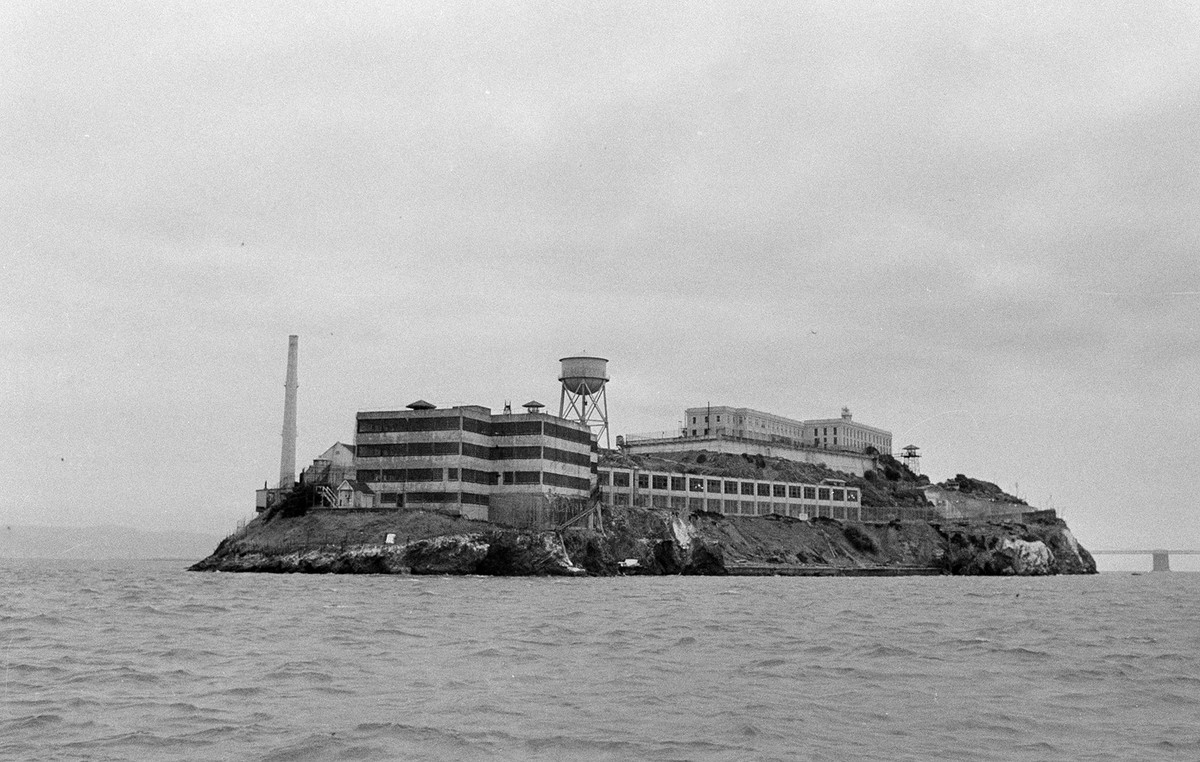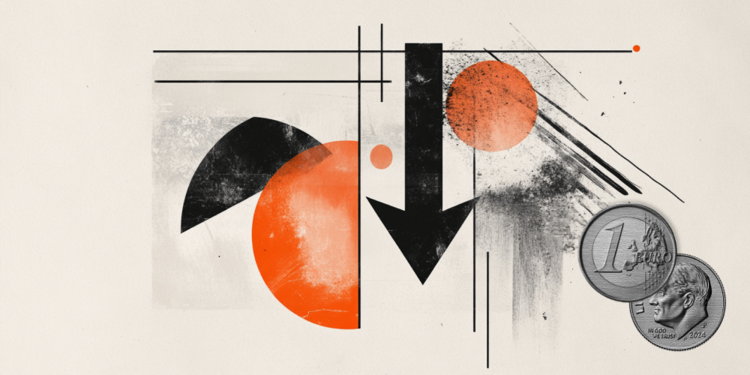The head of the Federal Civil Protection Service, Ralf Tischler, expects, speaking to Welt, that there will be interruptions in the power supply in the winter.
Mr. Tischler reports that in his own house he has stored above all water, many boxes and canned food. This would be enough for ten days.
He said that Germans should be prepared for possible crises and not assume that everything will always be available without problems.
Mr. Tischler said that in addition to water and food for several days, the most important thing he needs is a battery-operated radio and candles. And the most important documents ready in case of emergency.
He said that the last few years have shown us that we must be prepared for crises that no one expected. A pandemic on the scale of the coronavirus or the consequences of the Russian invasion of Ukraine. Key word is energy shortage. We need to become more flexible in crisis management, states Mr. Tischler.
It is predictable that in the coming years we will mainly face disasters due to climate change. Extreme weather events will be more frequent, with storms, heavy rainfall, flooding and high water that can cause significant damage. Or massive droughts that promote wildfires on a scale we haven’t seen before, he points out.
Mr. Tischler adds that Germany should expand civil protection. The war in Ukraine shows us today how important this can be.
He said that he does not expect to see conventional hostilities on German soil in the foreseeable future. But even if the war is fought in neighboring countries, we are directly affected, he noted.
The state and companies, which are largely in the hands of the private sector, must work together more closely, according to the head of the Federal Civil Protection Service.
For example, it is necessary to protect processes and facilities from power outages with emergency generators. If the power supply is interrupted for a longer period of time, then the fixed network will fail and so at some point one will no longer be able to charge one’s mobile phone. But before that, the phone network as a whole may go down, because the transmission antennas need electricity – which is no longer available. Then people will no longer be accessible.
We have to assume that there will be power outages in the winter, he says. By this he means a regional and temporary interruption of the power supply. Where the cause will not only be the lack of energy, but also the targeted, temporary shutdown of the networks by the managers, with the aim of protecting the networks and not jeopardizing the overall supply.
This risk increases from January and February onwards, so we expect that there will be power outages in places for a period of time from then onwards.
Some municipalities and authorities in Germany are truly exemplary in preparing for possible power outages, with accurate plans and ensuring power supply with emergency generators on site. Others are in a much worse position, they are not adequately prepared. This varies, as do principles.
As I said, we expect short-term, so-called blackouts, not long-term, large-scale blackouts. But good preparation is also important for this, he notes.
A few months ago, this awareness was very low, says Mr Tischler, in my impression, because Germany has experienced relatively few serious crises in recent decades. Meanwhile, however, I notice that many people are becoming more and more aware of the potential dangers.
He points out that there were more shelters, but even before the end of the Cold War there would have been enough to protect at most 3% of the population.
We are currently preparing, Mr. Tischler notes, an expert opinion on which facilities that are still useful could be preserved. ” I don’t want to predict the outcome, but I can’t imagine that we will start a shelter building program in Germany. This would be very expensive and the construction times would be very long. Instead, we are focusing on how existing facilities could be turned into shelters, underground garages, tunnels or underground railway galleries,” he noted.
Source: News Beast
Bruce Belcher is a seasoned author with over 5 years of experience in world news. He writes for online news websites and provides in-depth analysis on the world stock market. Bruce is known for his insightful perspectives and commitment to keeping the public informed.







